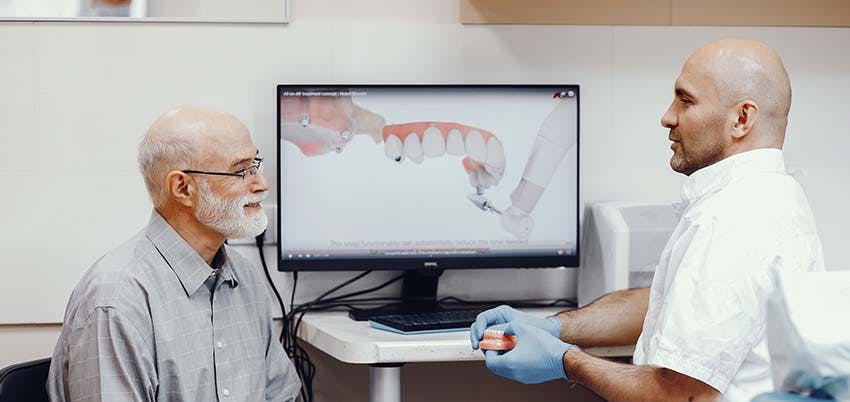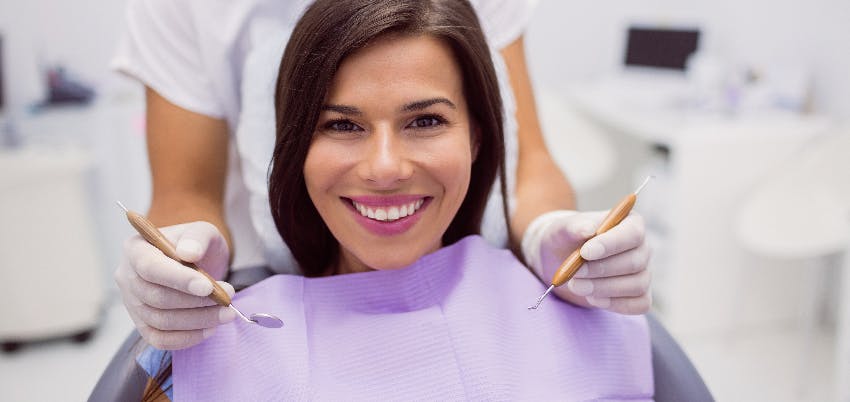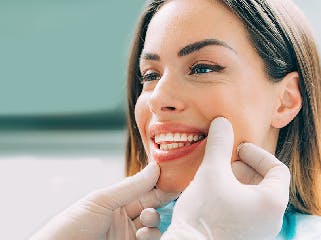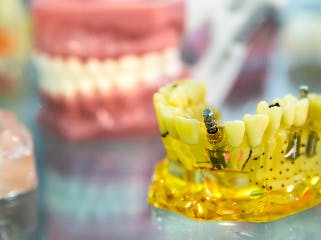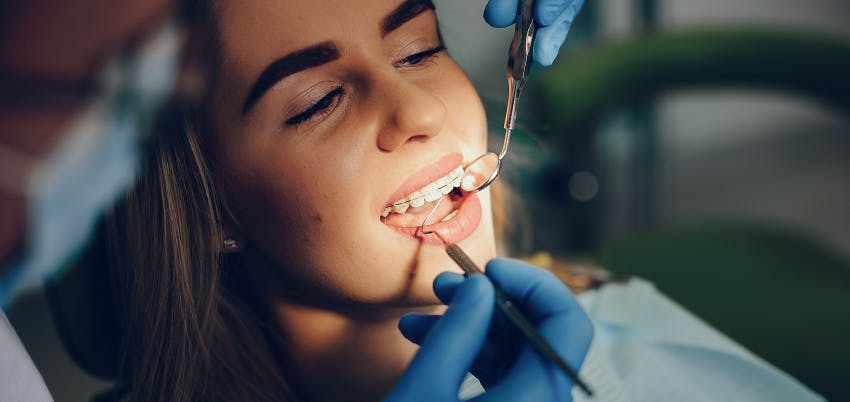
Orthodontics: Everything you need to know before starting your treatment
by Wildsmile
It is very common that if you are about to start an orthodontic treatment you will have several doubts such as: how long will it last, is it advisable for my age, orthodontics with traditional or invisible brackets? And many more. In this article we will answer these and more questions.
1. What do I need to start my orthodontic treatment?
The first step is the preliminary studies, such as panoramic and profile x-rays, called cephalometric. It will also be necessary to take photographs of your face, smile and teeth. Your orthodontist will also do a dental cleaning and examine the health of your mouth in order to, if necessary, treat any tooth decay that may be found. If you want to know more about preliminary studies click here.
2. How long does orthodontic treatment last?
Everything will depend on the type of problem you have, as well as the mobility of your teeth, because there are patients whose teeth move very slowly and on the contrary, there are some in which the displacement is normal. In general, the average time is 1 year and in the most complicated cases, up to 3 years.
3. Will I need to extract teeth for orthodontics?
In some cases it is necessary to extract teeth for an optimal result, this occurs when there is not enough space for the teeth to align correctly. The teeth that are most frequently extracted are the first premolars.
4. Can a general dentist perform orthodontic treatment?
Definitely not, the only one who can perform orthodontic treatment is an orthodontist. Dentists are dental surgeons or stomatologists and are responsible for treating general problems in the mouth and teeth. Orthodontists are specialists in orthodontics and maxillofacial orthopaedics.
5. Can orthodontics be performed at any age?
Many specialists agree that age is not an impediment to undergoing orthodontic treatment. What will determine whether you are a candidate is the general health of your teeth and jaw bones. There are cases in which there is decalcification in the maxillary bones, even in young people, greatly limiting treatment.
6. What type of orthodontic appliance is the best?
There really isn't one appliance that is the best or the worst, they all work correctly and what will determine their use will be the needs of each patient. Nowadays, there are many possibilities in braces and their use will depend on functional, aesthetic and economic factors.
If you want to know all the types of orthodontics that exist, CLICK HERE.
You may be interested to read: ORTHODONTICS WITH BRACES OR INVISIBLE DENTAL ALIGNERS: COSTS, DURATION, ADVANTAGES AND DISADVANTAGES
7. Does orthodontics end when the braces are removed?
Definitely not. After your braces are removed, your orthodontist will place a fixed or removable retainer. These appliances are custom-made and their main function is to inhibit the movement of your teeth. This part is as important as the orthodontic appliance, as teeth have memory and tend to move back to their initial position; orthodontics would be of no use if the patient does not place the retainers as the dentist instructs.
8. How much does orthodontic treatment cost?
This will depend on several factors such as your geographical area, the dental clinic, the problem to be corrected, the type of orthodontic appliance and the length of time the treatment lasts. In Spain the average cost is between €2500 and €7000. This type of treatment is not subsidized by Social Security, so many people are opting for alternatives such as signing up for a dental plan. At Wildsmile, we offer you an attractive discount on any type of orthodontics, if you want to know more about our dental plans CLICK HERE.
You may be interested to read: WHAT ARE THE BASIC COVERAGES OF A DENTAL PLAN?
9. It advisable to repeat orthodontic treatment several times?
In principle, it is not harmful for most people to undergo orthodontic treatment a second and even a third time, as long as it is proven by X-rays that the roots of the teeth are able to support another treatment.
10. How do I brush my teeth with orthodontics?
Nowadays, there are several dental hygiene products specialized for people with orthodontic treatment, such as interproximal brushes, orthodontic brushes with "V" shaped bristles, orthodontic dental floss with firm tips, etc. Brushing is practically the same, with the only difference being to remember to also brush your brackets or any orthodontic appliances you may have. The use of a dental irrigator is also highly recommended. If you want to know more about it CLICK HERE.
11. What can you eat when you have braces?
The most important thing when you have any kind of orthodontic appliance is to take care of what you eat. Avoid hard or difficult to chew foods as much as possible, such as biting an apple, peanuts, almonds, etc..
Want to learn more about this?
Contact us
Your contact request is registered. We will contact you as soon as possible.
Lorem ipsum dolor sit amet, consectetur adipisicing elit. Adipisci alias aliquid amet commodi dolor, dolore doloremque dolores fugit quod repellat.
 ENG
ENG

